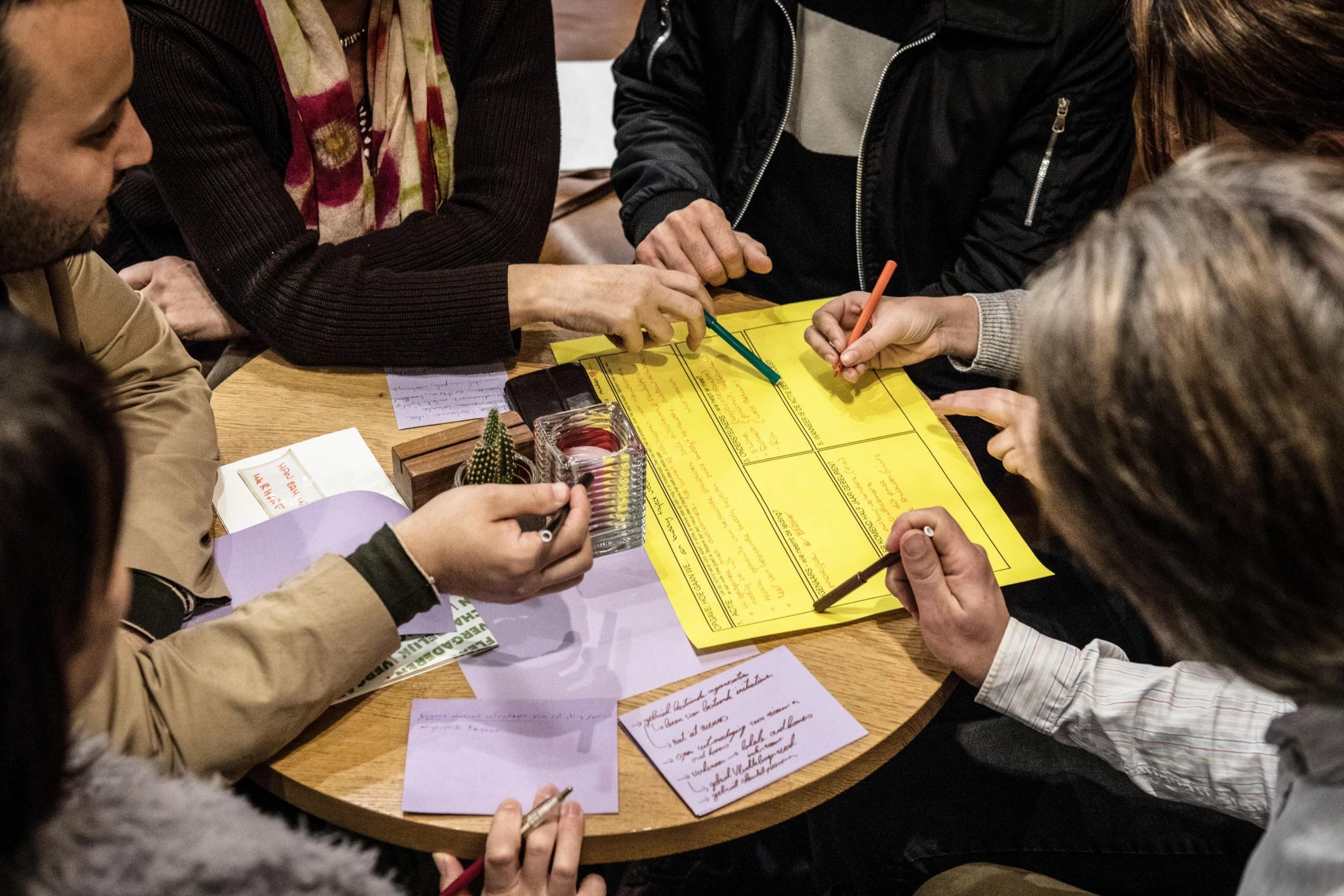Bridges

Social connectedness to the local community is essential for "mutual" interaction, social cohesion and educational and economic opportunities. This is eminently a community issue in which the municipality can play a role. Ultimately, it must happen in the neighborhoods and between citizens themselves.
Insights
Bridges are formed most quickly in the context of support and volunteerism.
With host families, language buddies and people who provide social support, bridges are formed most quickly. Outside of these scripts, it still seems to be difficult to make lasting contact. Among other things, language plays a role in this.
Bridges are essential for local cohesion.
Research shows that bridges are essential to local social cohesion. But this is not yet always taken as a given in new plans for housing and relocation.
We saw this, for example, in an action research case study when a hotel moved to a new location. The organization in charge was primarily focused on cohesion within the location and had not yet thought about connections with neighbors. For people who are settled only with Ukrainian people in a vacation park, it is very difficult to establish contacts with other groups in society. Let alone for people who would be housed in large-scale "Ukraine villages."
Newcomers need contact with Dutch people.
Newcomers need contact with Dutch people. For social contacts and practicing the language, but this is not easy. One often experiences a certain reserve.
Design questions
How do you organize social contact with local residents?
How can we organize more social and equal contact between people new to the Netherlands and local residents?
Design question: How do you provide health care in your own language?
How can access to home language health care be secured nationwide within all sectors of health care?